Like the methodical scientist that he is, Alexander Komives delves deeply into a new interest, explores it intensely and, when he has chewed on it sufficiently, sets it aside.
For a while, he was keen on reading books written in French. Another time, he learned to solo in a small airplane. Years earlier, he had been fascinated by Tolkien’s created language and the Bronte sisters’ made-up world. More recently, he started teaching himself Latin.
His insatiable desire to write poetry has broken his routine. Three years running, it shows no sign of abating. And that delights Komives, an associate professor and the self-styled “lesser poet” of DePauw’s Department of Physics and Astronomy.
Poetry, it appears, has become as much a passion as astronomy and physics.
“Ever since I was a little kid, eight years old or so, I became very fascinated with a variety of sciences but astronomy was my first one, my first passionate interest,” he said. As he grew, he considered a variety of careers, including writing, but always came back to science.
His love of the stars and planets abided, but “I was advised – and I think it’s sage advice – to keep your training as broad as possible,” he said. “Astronomy is a fairly narrow field as opposed to physics, so there’s a greater base of employment prospects when you study physics and it doesn’t shut the door to study astronomy by any means.”
So he earned undergraduate, master’s and doctoral degrees in physics at Indiana University, and realized he had a passion for it as well. He joined the DePauw faculty in 2003, learning that “one of the neatest things about my job here” is his involvement with McKim Observatory, which dates to 1884 and is on the National Register of Historic Places.
"Scientists are human. They’re not machines. They are moved by heart, they are moved by poetry, like other humans are. ... It’s as natural to be in a state of wonder and awe and want to know more about how the world works as it is to experience beauty.”– Alexander Komives
“When I go there I feel like I’m stepping back into another era, going back to 130 years ago, and I get the sense that I’m an astronomer who is in the latter part of the 19th century,” he said. “And I like that.”
Some years ago, Komives sent an email inviting the campus to “do an impossible thing before breakfast” and view a lunar eclipse at 5 a.m. The invitation was a variation on a line from Lewis Carroll’s “Through the Looking Glass,” and its positive reception sent him on a mission to find other literary references to astronomy.
“I didn’t find anything that I really liked,” he said. “I thought, well, I’ll have to write my own. Then I thought, that sounds like a lot of work and I’m not sure I really have the focus to do that. So I just set the idea aside.” Then three years ago, while he was on sabbatical, Komives – inspired to learn that Emily Bronte wrote poetry – decided to try.
“I surprised myself,” he said. “I was wondering if I was delusional, because I would read these things and I thought, well, this doesn’t seem bad to me. I would ask some other people and they seemed to think it was all right. I wasn’t sure what to make of it. But then it sort of snowballed.”
By the end of the sabbatical, he had crafted 13 poems (he has written many more since) and the fervent nonfiction reader had begun to read others’ poetry and literature more avidly. “It exposed me to what other people can do and that inspired me to play with things and the words in different ways,” he said. “It gave me ideas of the things that I could explore.”
That experience led Komives to wonder “about what are sometimes called the two cultures, the humanities and the sciences. … I became fascinated with trying to bridge those two worlds because I think scientists are human. They’re not machines. They are moved by heart, they are moved by poetry, like other humans are. And I like to think of science as a very human endeavor. …
“It’s as natural to be in a state of wonder and awe and want to know more about how the world works as it is to experience beauty.”
SPERO
I hope I made you smile once.
A smile of a young child enthralled
in a discovering moment of socks.
I hope I made you laugh once.
A laugh of indigenous joy that shook the
air clean of shadows and filled an
exhausted night with stars.
I hope I made you consider once.
A consideration of yourself folded in a
question so intimate it could only be
posed in a language of thought and dream.
I hope
because I showed you wonder once.
A wonder ignited by beauty and fanned
by curiosity incubating a conflagration
through enveloping turns of a logarithmic spiral,
spira mirabilis,
until it circumscribed a known universe
like Copernicus
and all that remained was to take the next step.
A step into a realm beyond the fist of any
telescope where myth stands proxy for truth.
I hope
because you took that step with all
the fear, exhilaration and courage needed to begin
that journey without me and in so doing
you taught me to hope and
once I started
found
I could not stop.
DePauw Magazine
Spring 2020
 Leaders the World Needs: Alum who attended college against odds guides youths to do same
Leaders the World Needs: Alum who attended college against odds guides youths to do same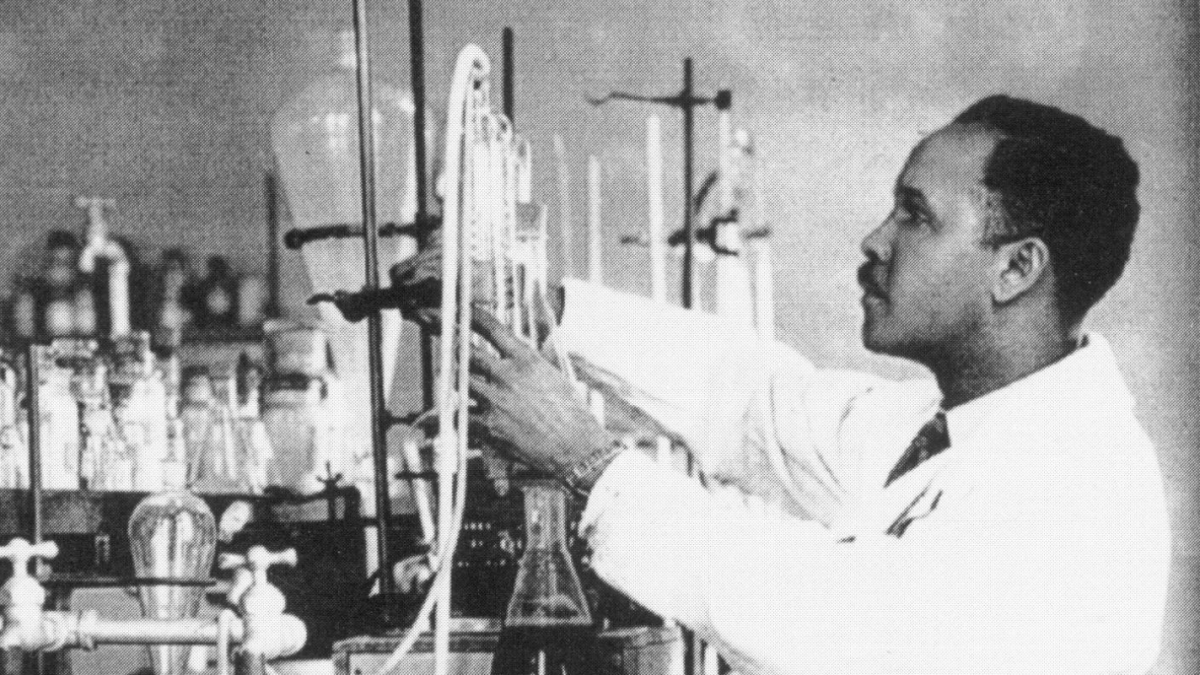 OLD GOLD: Percy Julian, unappreciated in his time, inspires today
OLD GOLD: Percy Julian, unappreciated in his time, inspires today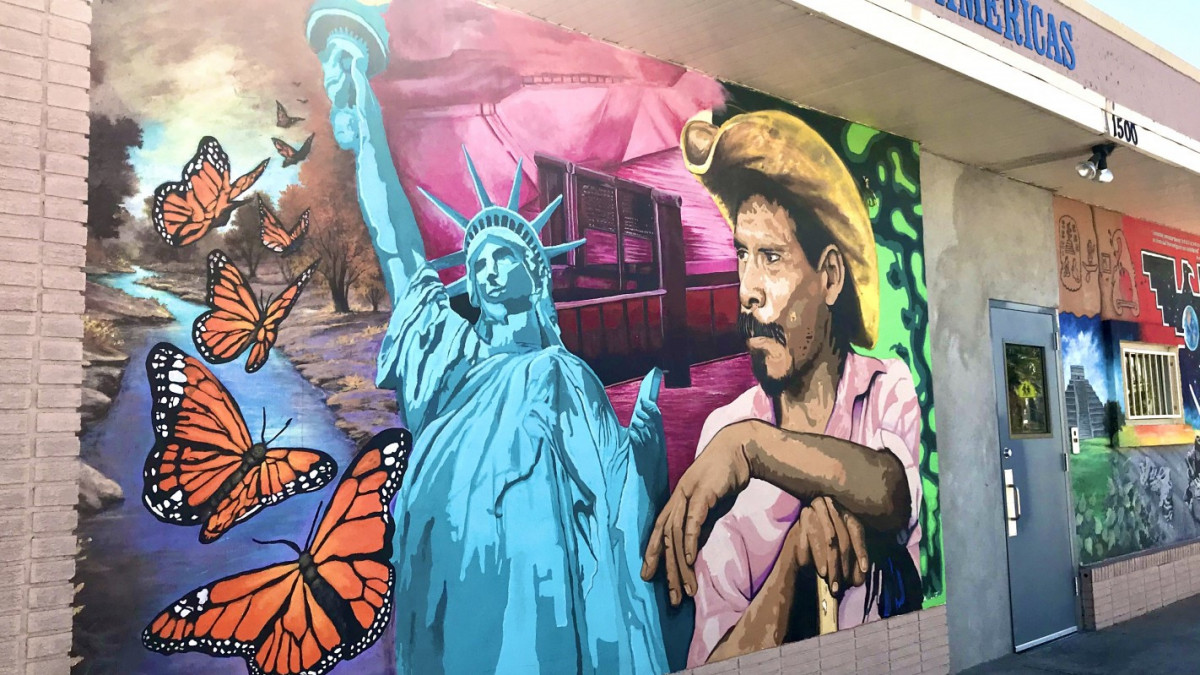 FIRST PERSON with Jonna McGinley Reilly '00
FIRST PERSON with Jonna McGinley Reilly '00 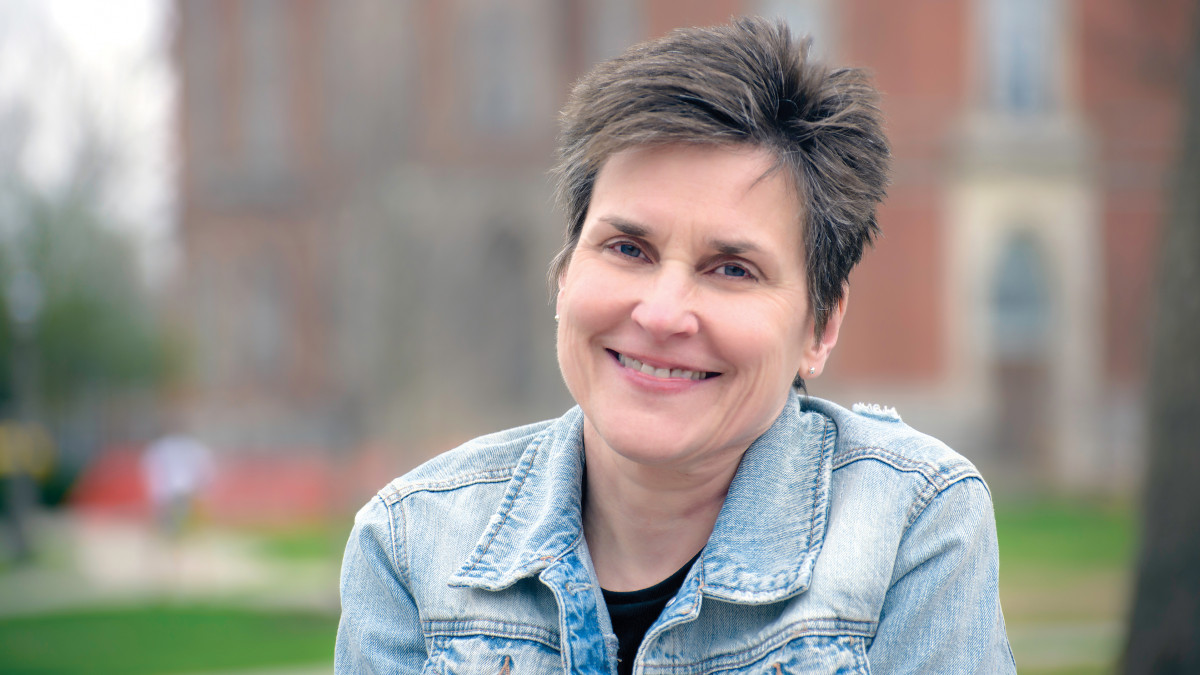 The Bo(u)lder Question By Rebecca Bordt
The Bo(u)lder Question By Rebecca Bordt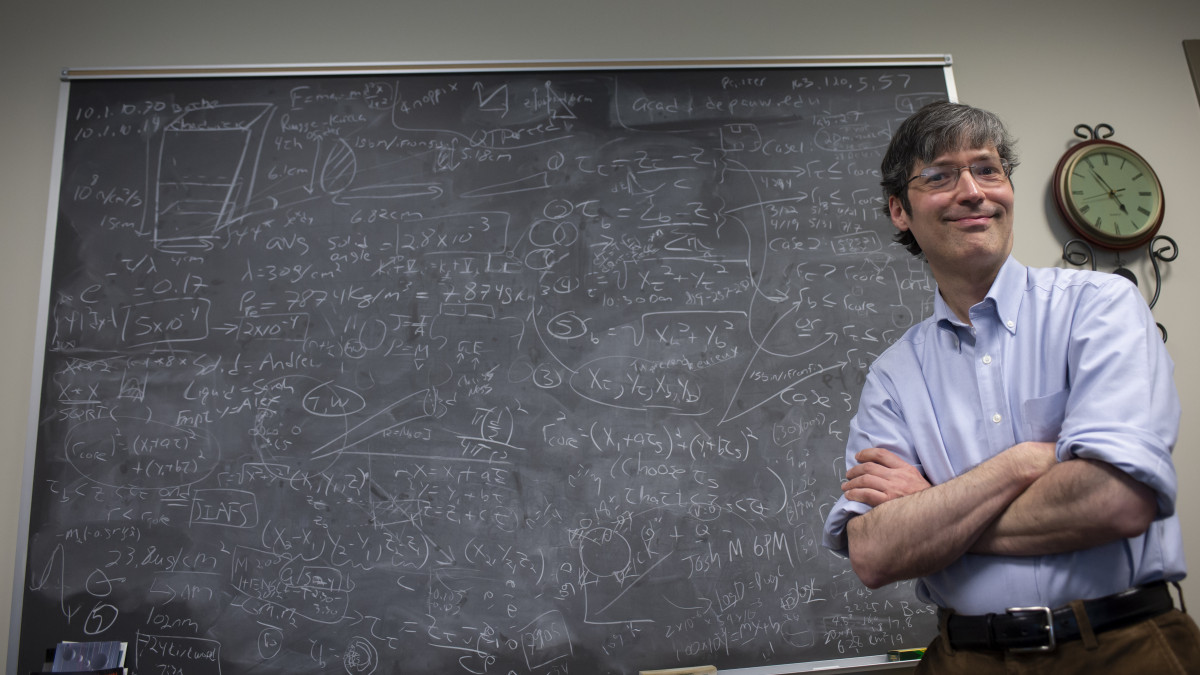 The poet
The poet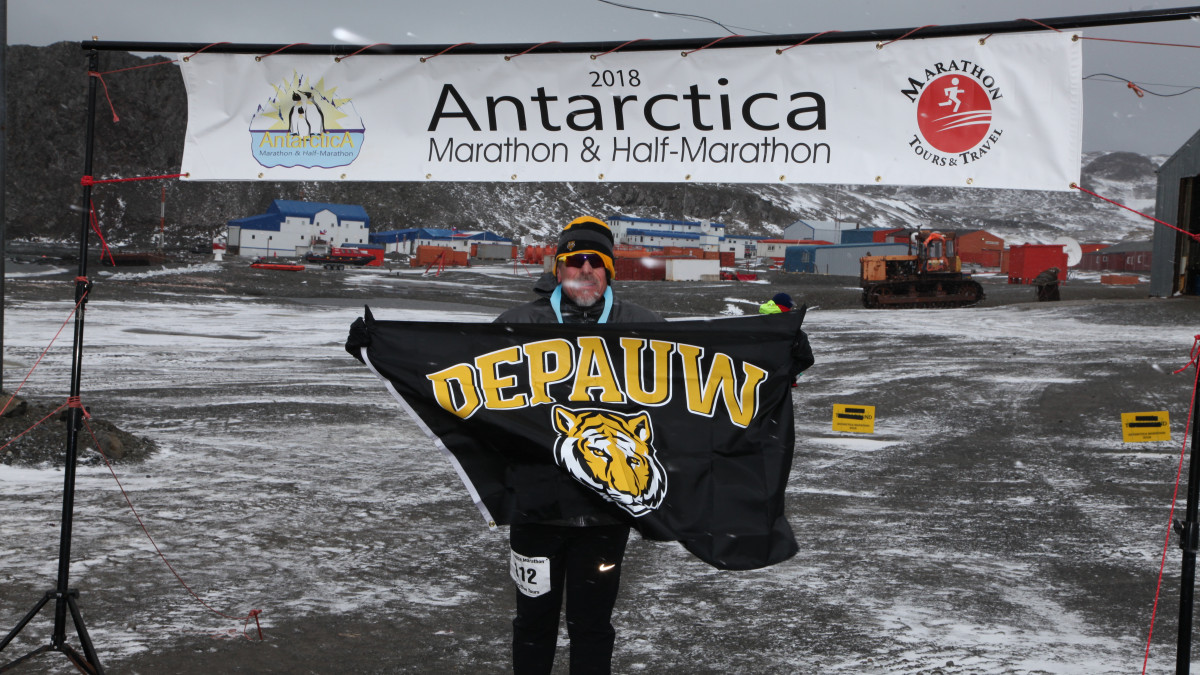 The iceman
The iceman The most American athlete ever
The most American athlete ever
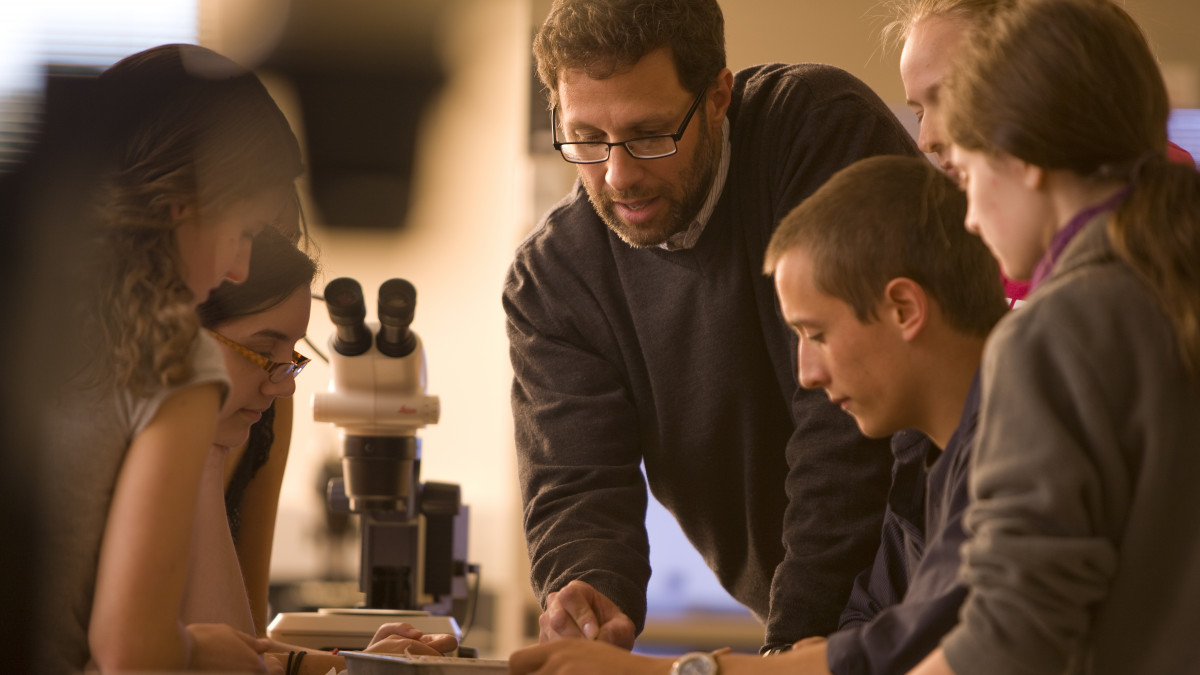 The beekeeper
The beekeeper The juggler
The juggler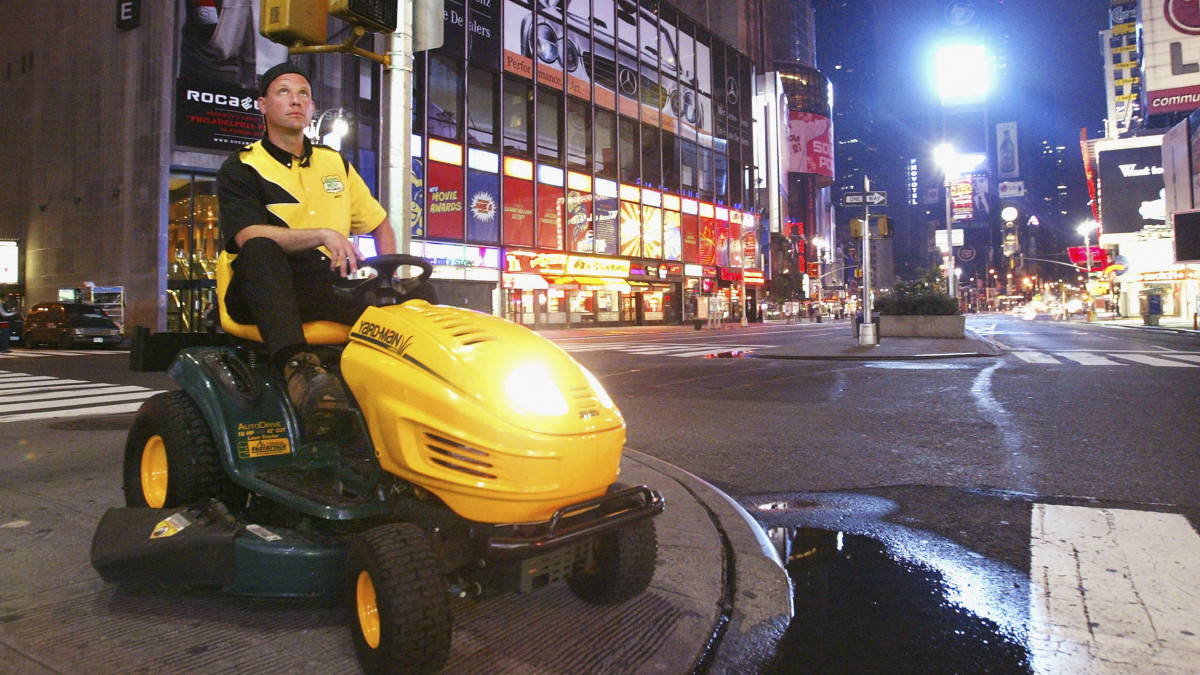 The lucky guy
The lucky guy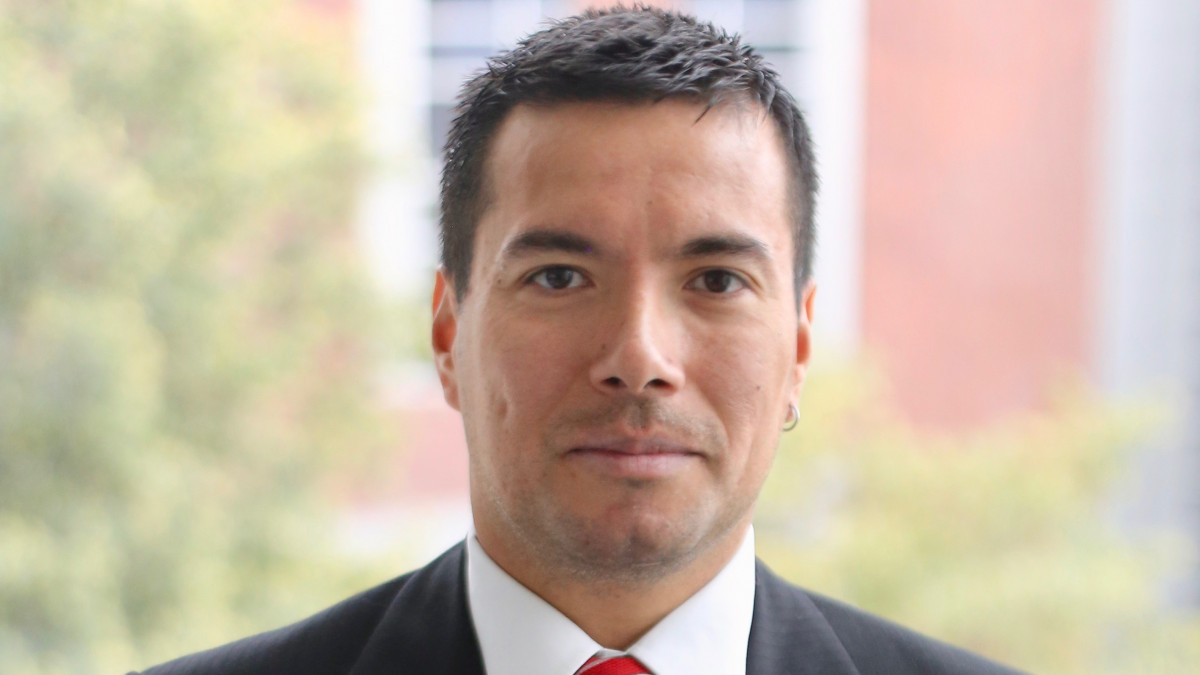 Aligned stars: Snowshoeing scientist studies the skies
Aligned stars: Snowshoeing scientist studies the skies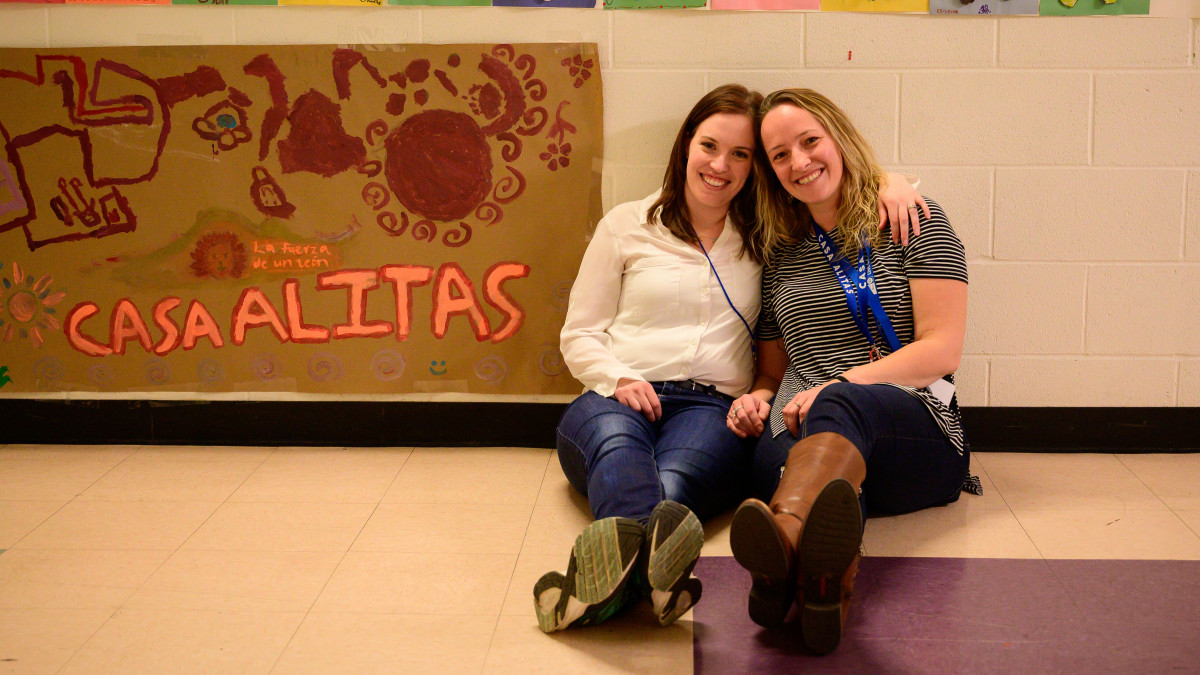 Indelible images: Devastating photo, desperate need move alums to act
Indelible images: Devastating photo, desperate need move alums to act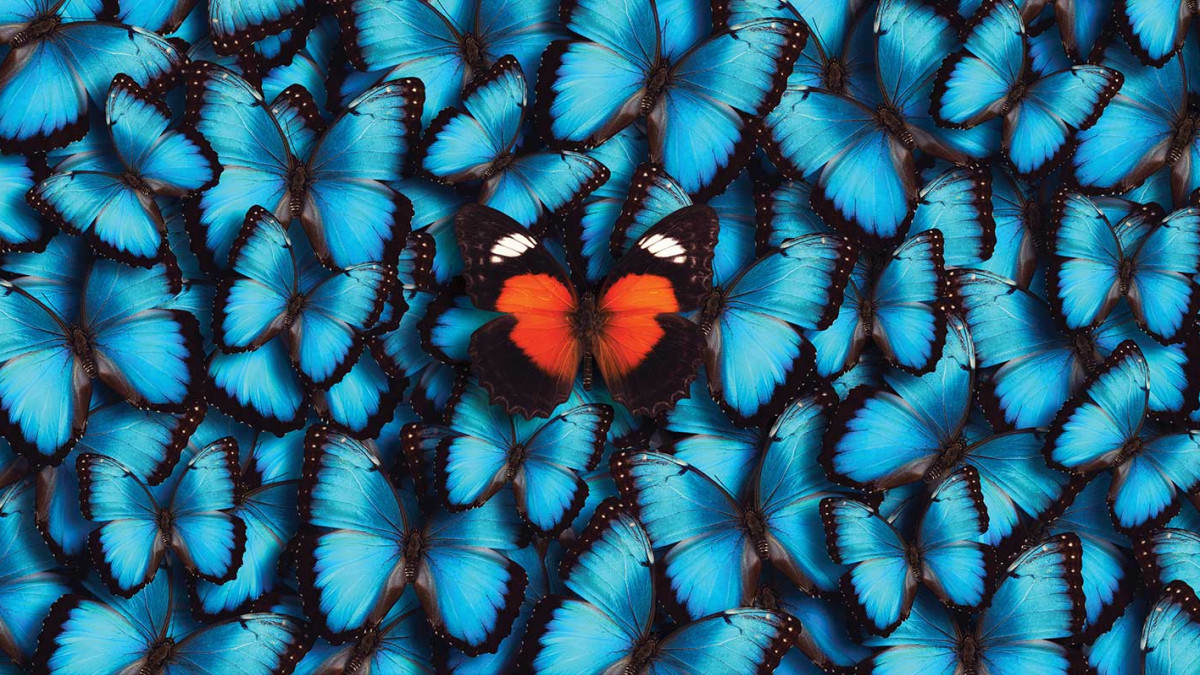 The nonconformists
The nonconformists A twist of fate: Unexpected discovery rekindles family legacy
A twist of fate: Unexpected discovery rekindles family legacy
DePauw Stories
A GATHERING PLACE FOR STORYTELLING ABOUT DEPAUW UNIVERSITY
Browse other stories
-
Athletics
-
Men's Basketball - Tigers Extend Win Streak to Six with Overtime Win at Augustana
-
Women's Basketball - DePauw Wraps up Hasbrook Tournament with 60-30 Win over Ohio Northern
-
Women's Basketball - Strong Fourth Quarter Lifts Trine to Comeback Win over DePauw
More Athletics
-
-
News
-
Student and Professor Share Unexpected Writing Journey
-
Four in a Row! DePauw Wins 131st Monon Bell Classic
-
Jim Rechtin '93 Featured in Fortune Magazine
More News
-
-
People & Profiles
-
Entrepreneurs Eric Fruth ’02 and Matt DeLeon ’02 Are Running More Than a Business
-
Rick Provine Leaves Legacy of Leadership and Creativity
-
History Graduate Cecilia Slane Featured in AHA's Perspectives on History
More People & Profiles
-
-
Have a story idea?
Whether we are writing about the intellectual challenge of our classrooms, a campus life that builds leadership, incredible faculty achievements or the seemingly endless stories of alumni success, we think DePauw has some fun stories to tell.
-
Communications & Marketing
101 E. Seminary St.
Greencastle, IN, 46135-0037
communicate@depauw.eduNews and Media
-
News media: For help with a story, contact:
Bob Weaver, Senior Director of Communications.
bobweaver@depauw.edu.